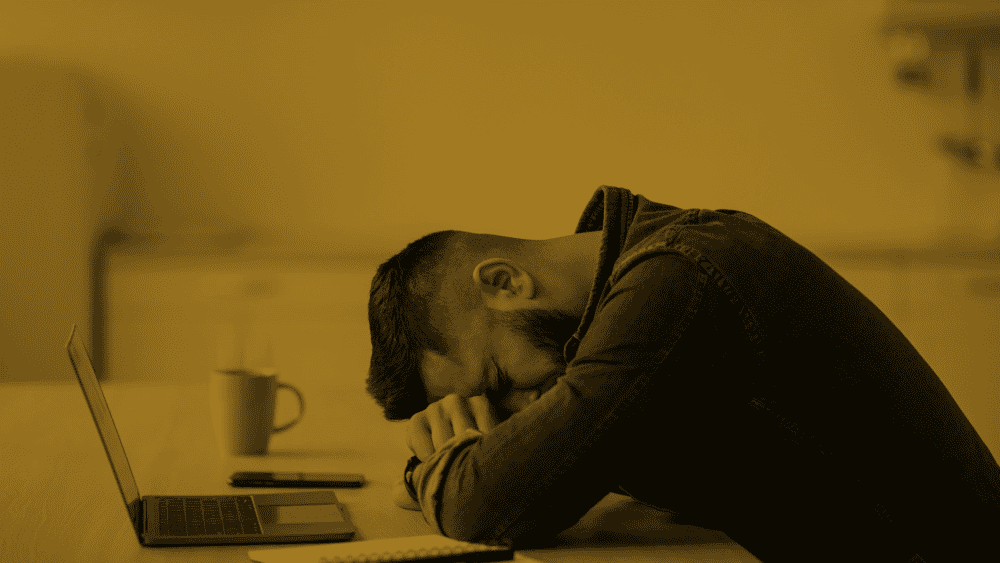This is the second post in a series focusing on self-care and its role in our wellbeing at work.
For a reminder of why self-care is so important, you can check out the first post in the series here. This time round, we’re going to look at some of the common mistakes to avoid when it comes to proactively managing your wellbeing. In other words, things that look like self-care but don’t help us in the long run.
Wait. What is self-care again?
Simply put, it’s whatever we do, intentionally, to positively contribute to our wellbeing, be it physical, psychological or social. Getting enough sleep is a form of self-care. Keeping in touch with friends is self-care. But so is paying bills on time, minimising procrastination about uncomfortable tasks and activities, and take care of your diet.
Hopefully you can see how inclusive this definition is. But there are limits and not everything you do in the name of self-care is actually going to boost your wellbeing.
Common self-care pitfalls:
1. Self-care that’s really avoidance
This is one of the most common mistakes I see in coaching sessions. Going for a bracing walk or heading to the gym really look like healthy and positive options, right? Especially because, in isolation, these are admirable ‘healthy’ activities.
But if these physical activities are just ways of ignoring or delaying something more important, then you’re engaging in avoidance. Which is rarely helpful. Our minds have an incredible ability to suggest alternative activities when we’re faced with something we’d rather not do. Key to managing this is honesty that we’re buying into an unhelpful story about the situation. Then we can re-connect with our values so we can persist. Check out this video to learn more about how to successfully overcome the habit of procrastination.
2. Self-care that depletes your resources
One of the very common mental images of self-care I experience is someone snuggling up on the sofa with a good book and a large mug of tea (of course, your mental images may differ!). Taking some time to slow down and engage in a hobby or pastime can be a great form of self-care.
However, if that reading (or other hobby) comes at the cost of a good night’s sleep, then all you’re doing is depleting an already precious resource. Staying up too late to read, watch a box set or scroll the bottomless pit of a social media feed, isn’t self-care if it means you sleep less. Instead of limitless time in the evening on these activities, try setting a timer, or agreeing limits with an ‘accountability buddy’.
3. Unsustainable, unhealthy self-care habits
A lot of the things we might like aren’t particularly good for us over the longer-term. You’ll probably be familiar with the public health advice against smoking, alcohol, unhealthy processed food and so on. If your self-care routines regularly include an activity or substance that’s bad for you physically, it doesn’t really matter what kind of psychological or social boost you get from it. Over time, you’re eroding your wellbeing and setting yourself up for illness.
When you select from all the possibilities when it comes to self-care, ask yourself if this is something you can continue to do daily or even weekly and not expect a side-effect or two. It’s something that requires honesty and self-awareness for sure – but represents a true investment in wellbeing, not an excuse to enjoy your vices. Check out this video on coping to get a better understanding of the sustainable versus unsustainable distinction.
4. Self-care that looks a lot like work
While it’s great to have hobbies and pastimes – and there’s good evidence to support this – it’s less helpful if our hobbies look a lot like our jobs. Consider how much time many people spend at work in front of a computer screen. And how much time their hobbies could require them to do the same out of work.
This isn’t a warning about screen-time, as much a reminder that if we use the same (or similar) tools and skills to engage in work and hobbies, then the line begins to blur. Over time, it might not feel like a break, or self-care, anymore.
Instead, look for activities that draw on different qualities and overlap less with your daily work activities and responsibilities. Check out this interview with Dr. Ciara Kelly all about leisure, rest and recovery. It’s specifically about working from home, but you will find some great nuggets when it comes to self-care too.
5. Using self-care as an excuse for your behaviour
People can label even the most unhelpful of behaviours as ‘self-care’ if they want to. Letting others down, absenting yourself from agreed activities, or dropping commitments on a whim. You can label this self-care if you’re feeling a bit overwhelmed. But it’s doing nothing for your social and work connections and could put a dent in your reputation.
Instead of knee-jerk responses, consider how you can alter these commitment, involve others in your decision-making, and look for ways to avoid getting into the same situation again. Check out this video on the experience of overwhelm to get some insights on how to avoid it.
What we’ll cover next time
In the next post, I’ll provide a simple framework you can use to structure self-care activities so that you’ll minimise the risk of any of these pitfalls. It will mean you can plan self-care that actually contributes to your wellbeing, rather than something that might actually make your situation worse.
Until then, check out our other wellbeing resources on the Thriving at Work page.

